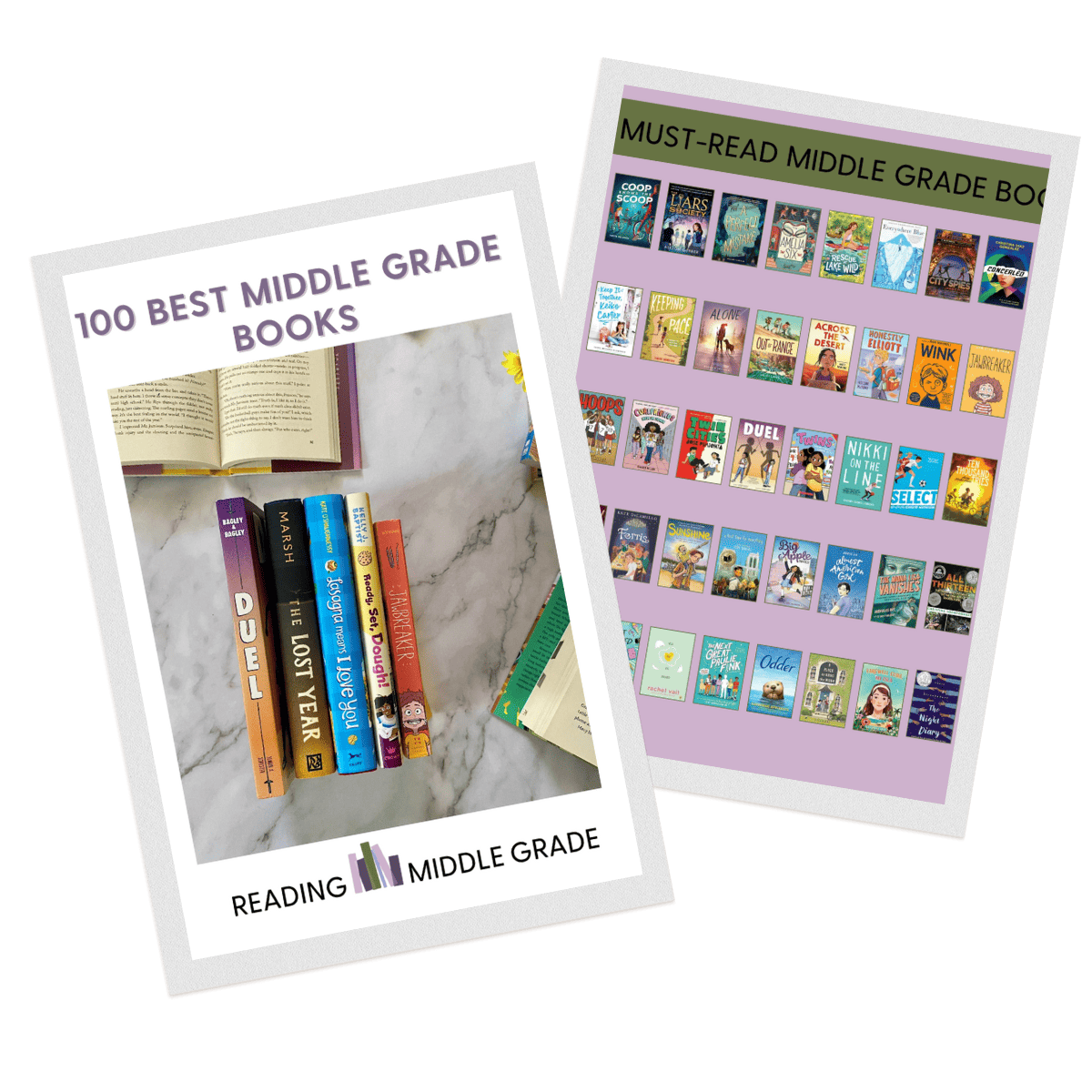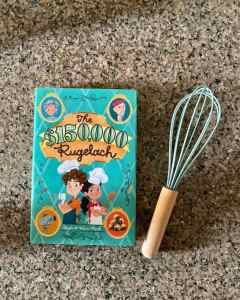Ruthie Bowles is a B2B content marketing consultant whom I’ve had the pleasure of working with! If you’re wondering how good she is, check out her Upwork profile!
I admire Ruthie’s dedication, consistency, and goal-oriented mindset. I’m always learning so much from her about SEO, running a business, and knowing your worth as a freelancer.
So, I was delighted when she agreed to an interview. Ruthie and I discuss her switch from military service to freelancing. As a mom of four, she shares how she manages a work-life balance. She also recommends her number one certification course for freelance writers.
Please tell us what you do for a living and how long you’ve been working freelance.
I’m Ruthie, the owner and chief content strategist at Defy The Status Quo. I started freelancing in July 2017, while I still had a full-time job with a federal contracting company.

How did you end up freelancing? Was it always something you wanted to do? Did you ever work a 9-5? At what point did you realize that the 9-5 life was not for you; what convinced you?
I started freelancing on the side, as a way to earn a little extra money. We (my husband, 3 children, and I) had just purchased a home in Maryland, near Annapolis.
Before starting my degree in Creative Writing, I had never really considered it. I served in the US Army for 8.5 years, and after some time as a stay-at-home-mom, I went to work for a federal contractor doing the same work as my military specialty. I was a Farsi translator.
When I went to work as a contractor, I slowly realized that my favorite parts of my job were the Army parts. I loved translating, but I loved helping soldiers and other service members get better at their language, and improve their translation skills. I felt like I was stagnating, and that was something I had never felt when I was in the Army.
I had always loved to write, which is what led me to start writing freelance. I started feeling more excited about my few hours part time than I did about my full-time job. I knew I had worked too hard in my life to live that way. I found out I was pregnant with our fourth child, and decided to use my maternity leave to go full-time with my new business. It took me about 6 months from the beginning to come to that decision.
How long did it take you to find a rhythm with freelancing and what steps did you take to find clients and market yourself to potential clients?
I would say it took me about 8 months to figure out what I was doing wrong. All of it could be attributed to either my view of my work’s value or my positioning. Once I took control of that, I began connecting with high-quality clients and getting paid professional rates.
I got my start on Upwork. Like many others, I started out by competing for bottom of the barrel rates. Eventually, I optimized my profile and changed my target market. I settled into my niche (B2B business management and development), and really started making great rates and getting interesting projects.
Now, I strategically network and use LinkedIn a lot! I create a lot of content that has brought clients and opportunities in from a variety of channels. Most of my clients are ongoing contracts, so I’m fairly secure.
A big turning point for me? Businesses don’t budget for writing. They budget for marketing. When you can understand how your writing ties into your client’s business objectives, you’ll engender more confidence.
What challenges did you face in the beginning and how did you cope? What challenges do you still face as a freelancer?
In the beginning, I allowed clients to dictate to me. I was an order taker. That’s not the worst thing in the world. If you don’t like telling a client that they’re wrong, then I suggest working with marketing agencies who will do that for you. But being an order taker didn’t sit well with me. I wanted to be valued for my opinion and knowledge.
Again, it was my positioning that was off. So, I went from a freelance writer to a content marketing consultant. Over time, I looked for more opportunities that would put me in the position I wanted to be in. I sidestepped with each job until I reached the point I’m at now.
How do you deal with slower work seasons? Do you think work-life balance is possible for freelancers? If you’ve figured this out, I’d love to hear your tips!
I have a list of go-to activities that I will work on during slow times. Because slow times can happen for a variety of reasons, it’s important to remain productive, not just busy. That’s a difference between being an employee and an entrepreneur. Entrepreneurs have to motivate themselves.
So a to-do list of marketing tasks you’ve been saving for a slow period is what I recommend. Need a new download for your site? Now is a great time to work on it. Or maybe you can write more blog posts to keep for when work picks back up.
Work-life balance is a tricky one. I have working hours that I pretty firmly enforce. I try not to send emails during these hours. I use an app that locks down my social media apps after 8 PM. I plan fun and family outings. If I don’t plan it, it won’t get done. I know a lot of people are like that.
Work-life balance looks different for everyone. I don’t think there is a magic number for each category. I think if you’re happy and the important people in your life are happy, then you’re good.
How did you figure out how best to price your services? That’s something a lot of business owners & content creators struggle with.
Well, I quote project rates based on my work and the value of the project to my client. But I’ve done it all. Hourly, per word, etc. Hourly doesn’t work, since writers get faster the better they get. Per word doesn’t work, because I don’t like quibbling over small amounts. I think knowing these rates internally is a great way to track progress though.
I realized that my rates didn’t incorporate all of the ancillary tasks that come from writing projects. So after a while, I learned how to account for that. I also always tie business objectives into my proposals to keep the client focused on WHY they’re hiring me, instead of WHAT I’m delivering.
What do you love most about what you do? How have things changed for you since you started?
Some people say freedom. Some say control. I think they’re two sides of the same coin. I have the freedom to choose whatever I want to do. I have control over my life and my business.
I’ve been doing a lot more on the content strategy side of things prior to doing any creation work, which I love. I’m helping my clients establish content strategies that tie to their business objectives. This is so incredibly important. This is very similar to how we prioritized activities when I was in the Army.
Whenever we had a task to complete, we always tied it to a bigger objective, ensuring that everything we did was in line with the bigger plan.

What’s the biggest lesson freelancing has taught you? Which resources would you recommend for new freelance writers looking to improve their craft?
As freelancers, we are 100% responsible for our mistakes. Our failures are ours. But we’re also responsible for our successes. We don’t spend enough time on success and too much time on our mistakes.
Every freelance writer should take Hubspot Academy’s content marketing certification course. Yes, even if you don’t want to offer content marketing strategy services. It will help you connect with prospects better, because you can show where your content fits in.
What do you wish you knew about freelancing before you started; what would you do differently?
No, you don’t have to start out at the lowest rates possible and stay there for years. I wasted months that way, but I know some people have wasted years.
I would’ve done a better job of positioning myself for higher fees, and I would’ve set my sights much higher.
Morning person or night owl? What three things are part of your morning ritual?
The Army has left me a morning person I’m afraid. Every morning, I recite my “Think and Grow Rich” manifestation. I take out my planner and plan my day, and then I mediate for a few minutes. Exercise is always on the menu as well.
Who are your favorite writers (online/print) to read?
I very much recommend Mark Schaefer and Alan Weiss for anyone in the freelance content space!
What do you like to do when you’re not working?
I love to read. I always have one fiction book and one business book that I’m reading. I also love to paint nature scenes.

What else do you wish I’d asked you about freelancing?
I wish you had asked me if I still have imposter syndrome. Answer? Yes, I do. Every time I raise my fees with a new client, or when I’m trying a new project. I definitely do. I acknowledge the anxiety or fear, and then I do it anyway. If it doesn’t scare you at least a little, you aren’t doing enough of whatever it is.
About Ruthie Bowles

Ruthie Bowles is the owner of Defy The Status Quo, a B2B content marketing consultancy. She began as a freelance content writer, after over 8 years in the US Army and 2 years as a federal contractor. She works with firms who help companies do better business.
Visit Ruthie’s website, Defy the Status Quo and connect with her on Twitter and LinkedIn.
I love chatting to freelancers and female entrepreneurs. So if you’d like to chat all things freelancing, editing, writing, or running a business, shoot me an email.
Meet More Freelancers Like Ruthie Bowles
- Kat on working as a freelance writer.
- Mollie on working as a freelance editor.
- Joy on learning to market yourself as a freelancer.
What are your freelancing struggles? If you’re trying to get started on Upwork or build a thriving freelancing career, I’d love to help!












What do you think? Leave a comment